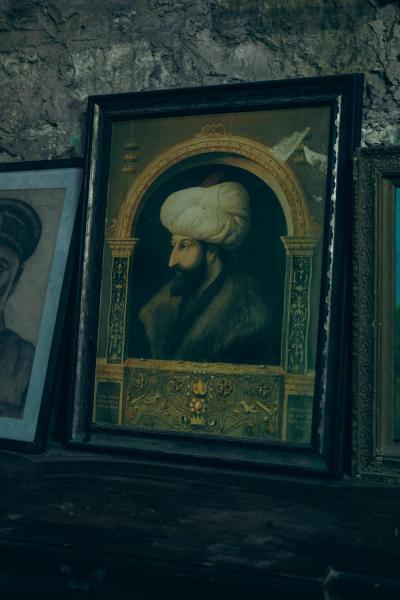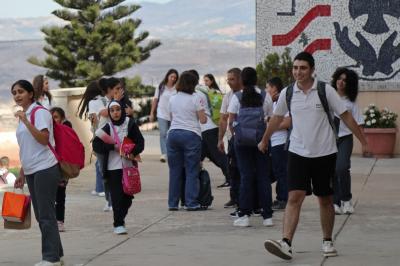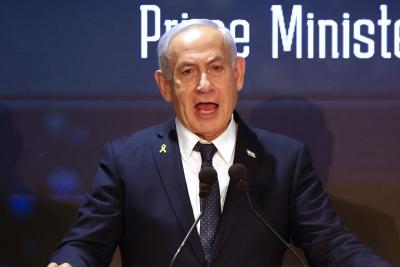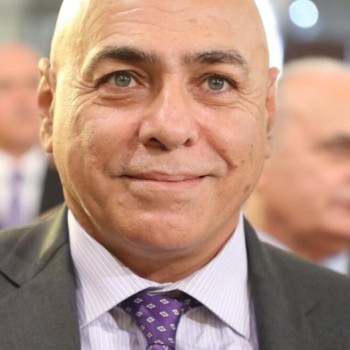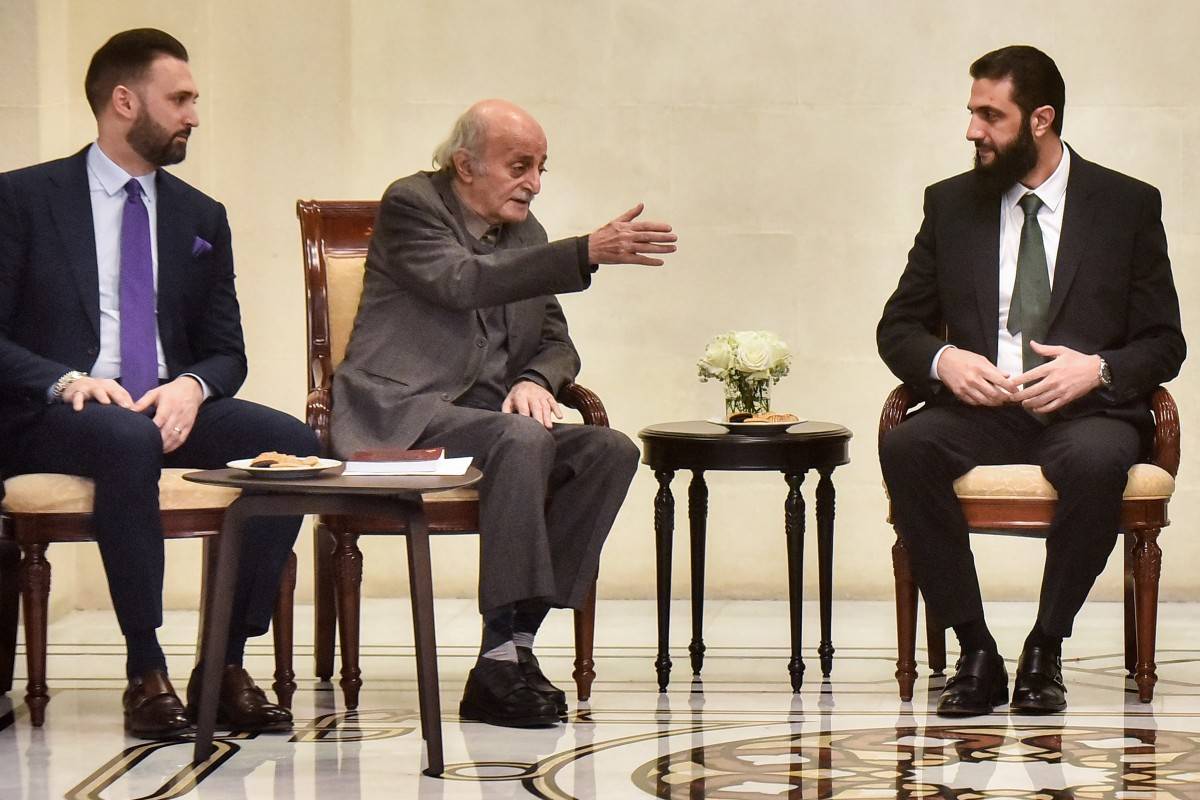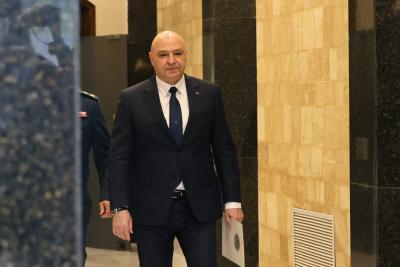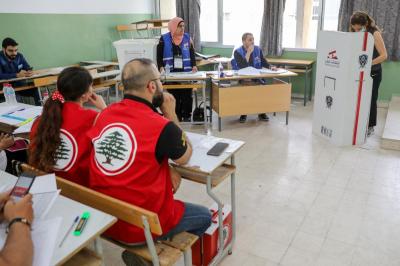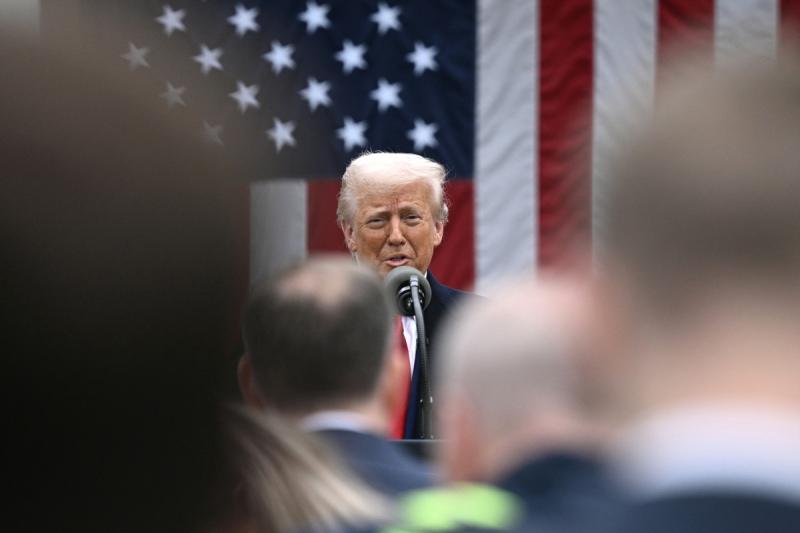Walid Jumblatt's visit to Syria on Sunday, December 22, 2024, represents a significant shift in Lebanese-Syrian relations. This marks the first time in over 13 years that the prominent Druze leader has engaged with Syrian leadership. The visit coincided with key diplomatic activities in the region, including visits by Turkey's Foreign Minister Hakan Fidan and diplomatic delegations from Saudi Arabia and Qatar to Damascus.
Background of Jumblatt’s Visit
Walid Jumblatt, a pivotal figure in Lebanon’s political landscape and leader of the Progressive Socialist Party (PSP), has historically had a complex relationship with Syria. He succeeded his father, Kamal Jumblatt, in March 1976, knowing that his father’s assassination was ordered by Damascus and carried out by a Palestinian faction acting under Syrian directives. Jumblatt also recognized that Syria, through its army, controlled Lebanon and could create instability or divide the Syrian Druze community.
This visit occurred two weeks after Bashar al-Assad fled to Russia following a successful offensive by Hay’at Tahrir al-Sham (HTS) on December 8, 2024. Jumblatt's delegation included notable Druze figures from Lebanon and Syria, as well as senior PSP members, signaling an effort to reassure the Syrian Druze regarding their status under the new administration.
During his meeting with Syria’s new ruler, Ahmed al-Sharaa, Jumblatt expressed hope for improved Lebanese-Syrian relations. He emphasized the importance of establishing diplomatic ties and addressing historical grievances, including accountability for crimes committed against Lebanese citizens during the Assad regime. Al-Sharaa responded positively, pledging to respect Lebanon’s sovereignty and maintain neutrality toward all Lebanese factions.
Ahmed al-Sharaa, previously known by his nom de guerre Abu-Mohammed al-Julani, has risen to prominence following the collapse of Assad’s regime. He has promised to protect minority rights in Syria and foster inclusive governance that eschews sectarianism. Al-Sharaa’s assurances about safeguarding Syrian constituents’ rights are crucial for maintaining stability in the diverse country. His commitment to respecting Lebanon’s sovereignty signals a desire to reset relations and move away from the historical dominance that Syria exercised over Lebanon.
Timing and Broader Geopolitical Context
The timing of Jumblatt's visit is significant, coinciding with high-level diplomatic engagements by Turkey, Saudi Arabia, and Qatar. Turkish Foreign Minister Hakan Fidan's presence in Damascus highlights Ankara’s interest in shaping Syria’s new era while maintaining influence over HTS and monitoring Kurdish activities. Turkey’s longstanding involvement in supporting various Syrian factions underscores its strategic role in the region.
Saudi Arabia’s decision to send a delegation to Damascus signals an intent to rebuild ties with Syria after years of supporting opposition forces. This reflects a broader regional strategy aimed at stabilizing Syria and recalibrating relationships across the Middle East.
The convergence of these visits suggests that regional powers are reassessing their strategies in light of Syria’s evolving political landscape. For Lebanon, this presents an opportunity to engage constructively with its neighbors and address enduring issues related to sovereignty and security.
Implications for Lebanese Politics
Jumblatt’s visit could have significant implications for Lebanese politics, especially in encouraging other political leaders to reconsider their stances toward Damascus. As an influential Druze leader, his outreach may inspire dialogue and bridge divides within Lebanon. The Druze community, often caught between competing allegiances in Lebanon and Syria, could benefit from Jumblatt’s emphasis on cooperation.
Jumblatt’s proposal for a memorandum of understanding to harmonize Lebanese-Syrian relations reflects a proactive approach to diplomacy. By tackling issues such as border demarcation and the fate of Lebanese detainees in Syrian prisons, he aims to lay a foundation for collaboration. However, his visit exposes political imbalances in Lebanon, as the government has yet to plan any official engagement with Syria, such as a visit by the foreign affairs minister.
In this context, Jumblatt may have recognized the dangers of Syria’s emerging bipolarization—between Turkey, intent on maintaining influence over HTS and countering Kurdish ambitions, and Israel, seeking alliances with Syrian Druze and Kurdish groups.
Former Israeli Prime Minister Naftali Bennett remarked in an article for The Washington Post that “The colonially imposed borders and arrangements that have defined the region for the past century are eroding; nobody knows what the map will look like when this all shakes out. Rather than adhering to imposed national identities, the new regional order will likely be sociologically organic, set along ethnic, religious, tribal, and sectarian lines.”
Challenges Ahead
Despite the optimism surrounding Jumblatt’s visit, significant challenges persist. Syria’s history of intervention in Lebanon casts a long shadow over bilateral relations. Many Lebanese remain deeply suspicious of Syrian intentions, requiring careful navigation of this sensitive terrain.
Jumblatt’s comments regarding the Shebaa Farms—a territory claimed by both Lebanon and Syria—sparked controversy among local residents asserting its Lebanese identity. This underscores the complexity of addressing territorial disputes while fostering improved relations.
Although al-Sharaa has pledged to avoid negative interference in Lebanon’s internal affairs, skepticism remains about whether this commitment can endure amidst regional tensions and external influences.
 French
French

